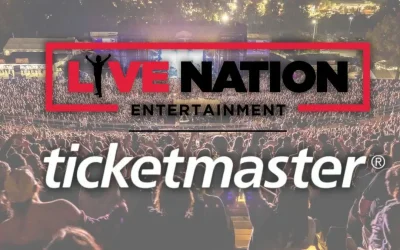TicketNetwork founder and CEO Don Vaccaro, who also owns and created TicketNews, was recently profiled in a lenghty story in the New York Times. The wide-ranging feature looks at various aspects of the secondary ticket market, and the fast-growing TicketNetwork empire, highlighting Vaccaro’s insight into the industry.
EVERYTHING in Don Vaccaro’s world is called ticket something-or-other.
There’s his software and online resale company, TicketNetwork, and Web sites like TicketLiquidator.com and TicketsPlus.com. And his trade convention, Ticket Summit. At TicketNetwork’s headquarters in leafy Vernon, Conn., software engineers and search-engine strategists take turns feeding the company mascot, a cat named Ticket. (Her kittens: Stub 1 and Stub 2.)
It’s a growing, high-tech empire, but Mr. Vaccaro, burly and vigorous at 46, is well aware of his street roots. On a tour of his tchotchke-filled office one recent morning, he pointed to a desk lamp in the shape of an American Indian chief. “That’s my scalper,” he said with a grin.
Once infamous and in many places illegal the reselling of tickets for profit has gone mainstream. Accelerated by the Internet and changes in state laws across the country, it is now a multibillion-dollar business serving consumers who want that last-minute ticket to Taylor Swift or “Wicked.”
“The days of scalping sounding like drug dealing in a dark alley are gone,” said Randy Phillips, chief executive of AEG Live, whose deal for Michael Jackson’s 50-night engagement in London included a partnership with a ticket reseller. “It’s all aboveboard. It’s very transparent now.”
And it’s become very easy, thanks to companies like StubHub and TicketNetwork, which operate vast online marketplaces for what are essentially secondhand tickets, traded after already being sold once by an official box office. Economists call it a secondary market, and it’s booming: a report by Forrester Research last year predicted that by 2012 secondary-market sales for entertainment and sports would reach $4.5 billion.
Read more of this profile at New York Times website here



